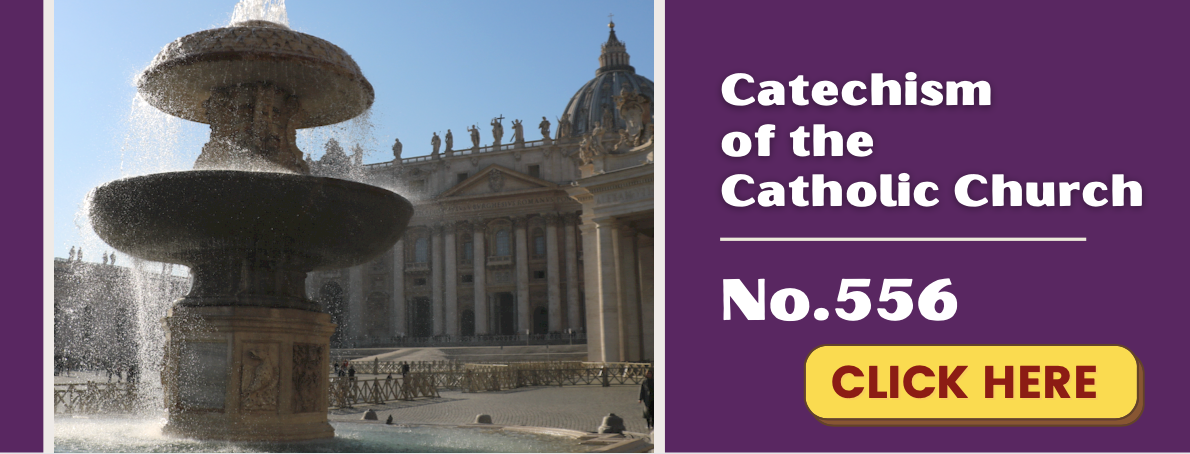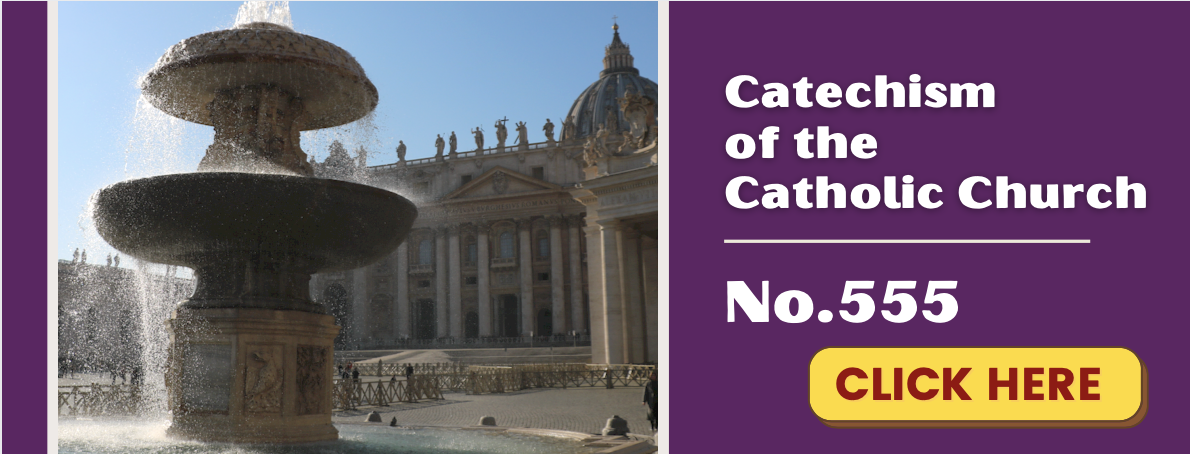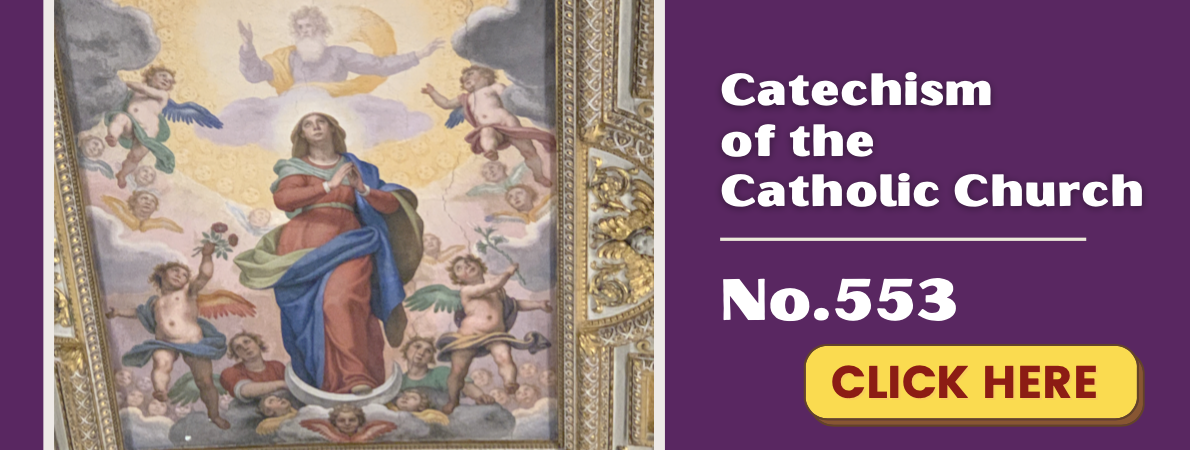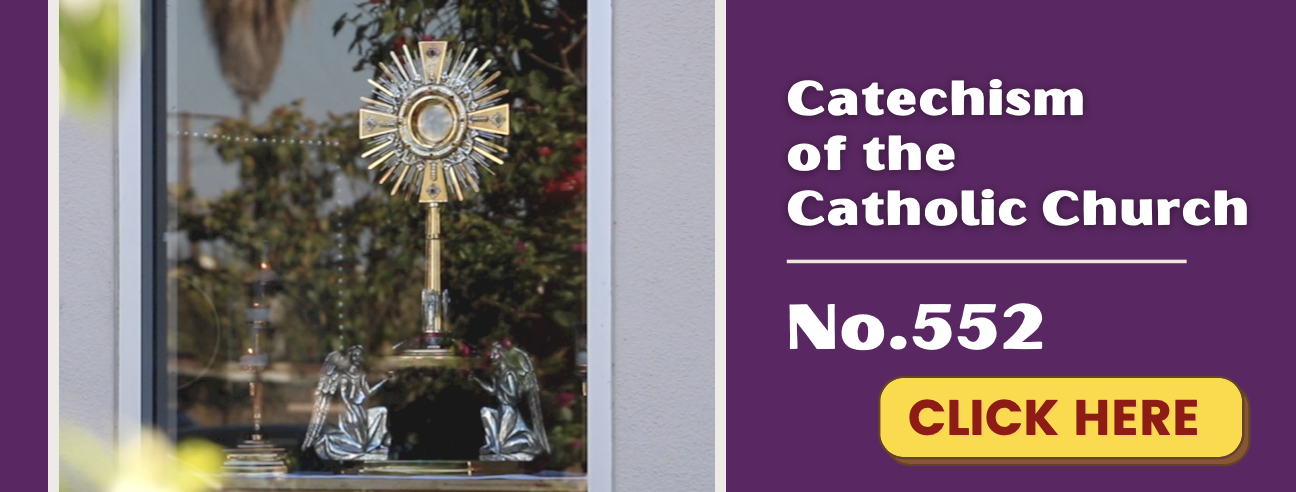Saturday of the Second Week of Advent



“For greater things you were born.” (Ven. Mother Luisita)
SATURDAY, December 11th Mt. 17: 9a, 10-13 Alleluia Verse: “Prepare the way of the Lord, make straight his paths: All flesh shall see the salvation of God.”
- What better way for us to prepare the way of the Lord than through the Immaculate Heart of Mary!
MARY’S HEART AND THE HEART OF CHRISTMAS by Fr. Ed Broom, OMV
To comprehend the very meaning, profundity, sublimity, simplicity and depths of the Christmas event, why not lift our mind, heart, and soul to Mary who is truly the Mother of God, the Mother of the Church, and also the Mother of all of us in an individual, intimate and very personal way.
Who better than Mary can help us to penetrate the depths and authentic meaning of Christmas? But how often, if ever, have we run to Mary begging, and truly begging for the grace to comprehend the height, the length and the depths of Christmas? Many extraordinary graces are at our disposal depending on one simple thing: our begging for the grace in prayer to Mary. She is the Mediatrix of all graces—meaning that God in His Divine Providence and in the economy of salvation has willingly chosen Mary as the vessel through which the graces flow into our spiritual lives.
Therefore, we offer humbly for your meditation and contemplation these simple but profound ideas so that through Mary, Christmas—the birth of Our Lord and Savior Jesus Christ, will be born in the very depths of your heart. “Come Lord Jesus, come through the Heart of Mary your Mother!”
1. MARY’S YES CHANGED THE WORLD.
With heartfelt gratitude and overflowing love, imbued with humility, we should thank Mary for giving her consent to the Archangel Gabriel with the words: “Behold, I am the handmaid of the Lord; let it be done to me according to your word.” (Lk 1:38) Consequently: “And the Word became flesh and dwelt among us.” (Jn 1:14) Indeed, Mary’s YES resulted in the Incarnation of the Word of God, the second Person of the Blessed Trinity. Whereupon Mary was overshadowed by the Holy Spirit (Shekinah—In Hebrew) and Jesus entered into her womb for the salvation of the entire world. It would be impossible to express adequately the gratitude that we owe to Mary for her YES to God—for your eternal salvation and my own!!!
2. MARY THE MODEL OF TRUE MATERNITY—WHAT IT MEANS TO BE A MOTHER.
Mary teaches by her most powerful example the sublime dignity of womanhood, most specifically, in the sublime dignity and vocation of Motherhood. Women who are called to be Mothers—what a sublime vocation indeed—should humbly turn to Mary for guidance, help, support and consolation to carry out this sublime mission given to them by God. Of all the titles that are given to Mary, that of Mother of God (Theotokus—God bearer, in Greek) is by far the most sublime.
3. MARY: THE MODEL OF EUCHARISTIC ADORATION—CORPUS CHRISTI!
Upon hearing the Good News of her Cousin Elizabeth’s conception, in haste and with great joy, Mary traveled about 90 miles into the hill-country to visit her pregnant and elderly cousin in order to render her service. For the entire distance from Nazareth to Ain-Karim (the residence of Elizabeth), Mary was a living Eucharistic-Procession, if you like a Corpus-Christi Procession. She carried Jesus within her womb and the whole of the hill country was blessed and sanctified by Mary’s presence and the presence of the Baby Jesus within her. Mary as model and teacher shows us how we are called to worship Jesus in the Consecrated Host— “O come let us adore Him, O come let us adore Him, O come let us adore Him, the Eucharistic Lord!”
4. MARY, JOSEPH AND THE LAW OF SACRIFICE.
The time has arrived for Mary to bring forth her Child—the Lord Jesus, Savior of the world. However, an edict has been issued by Caesar Augustus that all have to be enrolled in their town of origin. Despite Mary’s pregnancy that had arrived at nine-months, she still had to make this long, tiring, grueling trip to the city of Bethlehem, the city of their ancestor King David. Without questioning, complaining, or wasting time, St. Joseph and Mary with the Baby Jesus in her womb, set off on their journey to Bethlehem. What a powerful lesson they teach us! Obedience, patience, fortitude, trust in God, penance and mortification, sacrifice, and most especially a true love for carrying out the will of the Eternal Father—all of these lessons in virtue, Mary presents to us for our imitation!
5. REJECTIONS.
Upon arrival in Bethlehem, undoubtedly exhausted, cold, hungry, drained physically and emotionally, they were hoping at least to find lodging for the night—nothing luxurious, simply a roof over their heads to shelter them from the cold, the wind and possible precipitation. Not so: it never happened! Among the saddest words ever spoken were these: “There was no place for them in the Inn!” (Lk 2:7) There is immense amount of material for our meditation in these rejections, for St. Joseph likely stopped at more than one inn. We offer a few! Despite the rejections that Mary and Joseph received, they never gave in to resentment. What about you and me? How do you react to rejection? Most likely in a human way: anger, resentment, bitterness and perhaps a desire to seek revenge! Next, a very painful but necessary question: how often have we imitated the Inn-keepers by rejecting God? Among the many definitions for sin is that of rejecting God! Our firm purpose right now should be the following: “Yes, definitely Yes, there is room for you Lord Jesus, Mary, and St. Joseph, in the Inn of my heart and soul!”
6. THE CONDITION OF THE STABLE OF BETHLEHEM.
The rejections led to the eventual discovery of some forlorn, obscure, poor place that served as a refuge for animals from the inclement weather conditions. We call it the stable of Bethlehem. Venerable Archbishop Fulton J. Sheen comments: “The Creator of the universe had no place to be born in His own creation.” What were some qualities of the condition of this Stable of Bethlehem where the Creator of the world was to be born? Cold, damp, musty, dark, foul-smelling (from the animals), the ground hard, dirty, dusty—all of these and more describe the atmosphere or milieu where the Savior of the world chose to be born through the consent of the Virgin Mary, His Mother and our Mother. All of these descriptive words can easily be applied to the state of our soul and the reality of sin in our own interior caves. Coldness, darkness, foul-smelling, hardness all too often reflect the interior state of our soul. May the Infant Jesus attain for us true conversion of heart!
7. POVERTY AND DETACHMENT FROM THE SLAVE OF MATERIALISM.
A more clear and challenging message cannot be presented to our eyes and heart for meditation. How easy it is for us to become true slaves of the material world that surrounds us, that envelops us, that enthralls us, that captivates us, that allures and seduces us into believing that things can make us truly happy. The Birth of the Infant Jesus in Bethlehem of the Virgin Mary, with St. Joseph present, is a clarion call to all of us to seek our true happiness in the Creator over the creature, in the spiritual over the material, in persons over things, in a desire for Heaven over pursuing worldly happiness. The words of Jesus resound powerfully: “Seek first the Kingdom of God and His righteousness and everything else will be given to you beside.” (Mt 6:33)
8. BETHLEHEM: THE HOUSE OF BREAD!
The authentic interpretation of Bethlehem is that of “House of Bread!” How appropriate and how rich in symbolism, better yet, Sacramental-symbolism! One of the most important discourses that Jesus gave in His Public life was in the synagogue of Capernaum, known as the Bread of Life discourse. A brief summary of that discourse are these words of Jesus: “I am the Bread of Life; whoever eats my body and drinks my blood will have everlasting life and I will raise him up on the last day.” (Jn 6:48, 54—Bread of Life discourse). What a profound and beautiful parallel. Jesus, born in Bethlehem, which means House of Bread, would later preach the most sublime teaching on His identity in the Sacrament of the Eucharist by declaring Himself as the true Bread of Life that came down from Heaven. May we all have an insatiable hunger and thirst for the Bread of Life.
9. CONTEMPLATE JESUS IN THE ARMS OF MARY.
Spend some time in profound contemplation viewing Jesus in the arms of Mary, His Mother. Then contemplate Jesus in the arms of Good St. Joseph. Now it is your turn: ask Mary and St. Joseph to place very gently the newly-born Jesus in your arms. Hold Jesus next to your heart and tell Him how much you truly love Him, and how you want to grow in your love for Him. In truth, this can happen every time you receive Holy Communion worthily—the Infant Baby Jesus is now present in the Bethlehem of your heart. “O come, let us adore Him!”
10. SILENT NIGHT, HOLY NIGHT, NIGHT OF PEACE.
In silent, contemplative, profound, and, if possible, extended prayer be present to the Holy Family—Jesus, Mary, and St. Joseph at the birth of Jesus. Contemplate Jesus in silence through the eyes and Immaculate Heart of Mary. Allow the Holy Spirit to move your heart to express these most noble sentiments: overflowing gratitude, joy, praise and adoration, humble reparation, awe and wonder, but most especially a great love. “God so loved the world that He sent His only-begotten Son so that those who believe in Him may not die but have eternal life.” (Jn 3:16) Jesus, Son of Mary, may you be born every day in the very depths of my interior Bethlehem. Come, Lord Jesus, come through the Heart of Mary!











